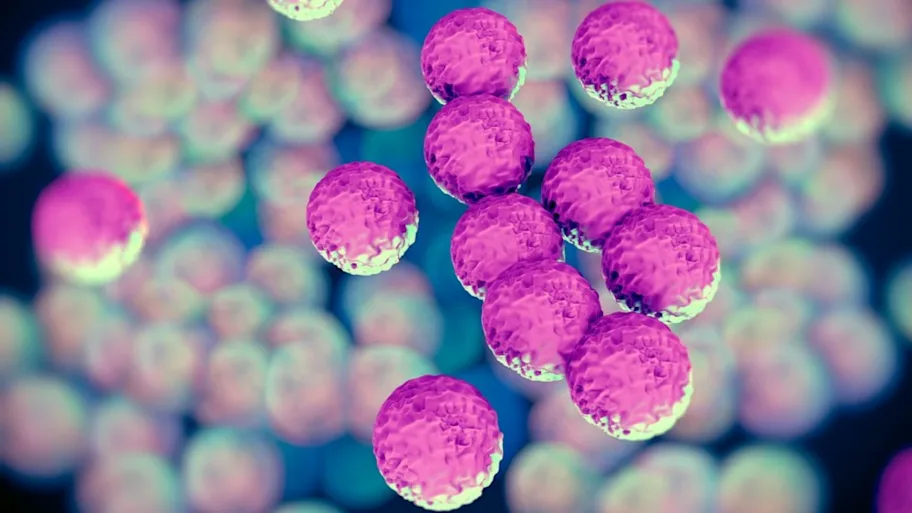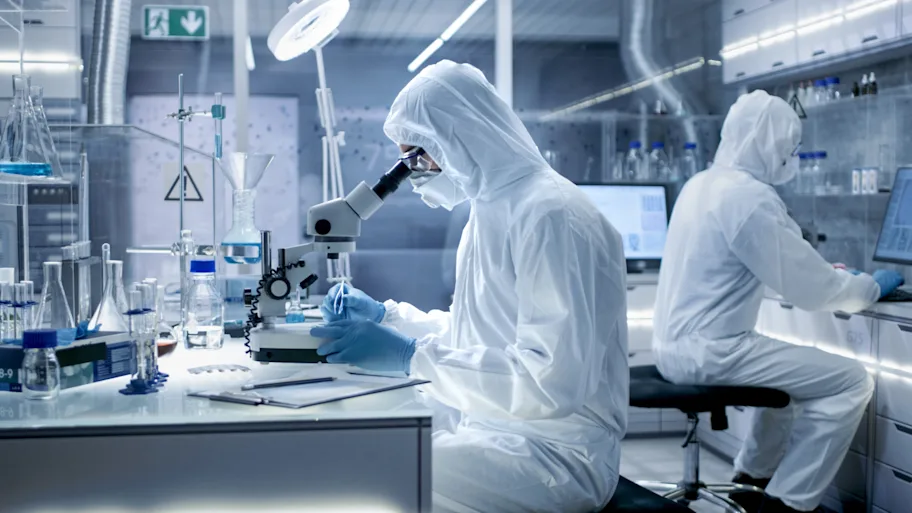
- Science News
- Health
- Treating babies in the womb for deadly diseases
Treating babies in the womb for deadly diseases
New understanding of the immune system and stem cell technology gets scientists closer to treating deadly fetal diseases even before birth
By Mônica Favre, Ph.D., Science Writer
Ending pregnancy or exposing mother and baby to extensive treatments that may not eliminate the risk for life-long complications – these are the hard choices families have been faced with when diagnosed with serious fetal diseases. To change this, scientists are working on new stem cell and gene delivery technologies to treat children, even before they are born.
To push a new front in the field forward, Tippi MacKenzie, a surgeon and associate professor at the University of California in San Francisco, worked with Graca Almeida-Porada, a professor at the Institute for Regenerative Medicine in Winston-Salem, to lead a Frontiers Research Topic on Fetal Therapies and Maternal-Fetal Tolerance, published in Frontiers in Pharmacology. It consists of a series of articles on recent breakthroughs in cell transplantation and gene therapy during child development in the womb, from researchers around the world. These articles result from the first meeting of the International Fetal Transplantation and Immunology Society, founded in 2014. “Getting together this international group of experts in the fields of in utero transplantation and gene therapy has been vital in accelerating the translation of new fetal therapies to the clinics,” says MacKenzie.
This revival of the field, she says, came as a result of a new understanding of the unique immunological balance between the mother and the fetus, that allows the transplantation of cells from the mother into the fetus. “When we use the right number of cells and place them into the correct location in the fetus, early enough in the pregnancy, the cells can engraft in the fetus and not be rejected. We hope that enough cells can engraft to improve the long-term outcome of the diseases,” she says.
MacKenzie’s team is targeting disorders of hemoglobin production such as thalassemias, as the first logical patient population for clinical applications. These patients have genetic mutations that affect the way the body makes the haemoglobin protein. Without this protein functioning properly, our red blood cells cannot carry sufficient oxygen throughout the body.
“In the case of Alpha Thalassemia Major, if both parents carry the genetic mutation, the fetus can get very anaemic and they can die.” Based on collaborative work, she is confident survival and health after birth could be achieved by giving maternal stem cells to these fetuses before birth. “In the ideal scenario, they may complete avoid the need for a bone marrow transplant after birth,” says the researcher.
“This is an exciting time for the field, with new promising clinical trials,” says MacKenzie. “Large animal studies are now ready to be translated into clinical trials, providing information on the best routes of administration or timing that could increase chances of treatment success.”
The body of work also points to the potential for gene-modified cell transplantation. ”We also will need to work with regulatory agencies to move safely toward the first application of transplanting genetically modified cells into fetuses.”
“A collaborative effort is needed for success of in utero cell transplantation, and this topic deepens our understanding of all the related domains, from stem cell biology, transplantation immunology, to maternal-fetal tolerance,” says MacKenzie.
Read the Frontiers Research Topic: Fetal Therapies and Maternal-Fetal Tolerance






